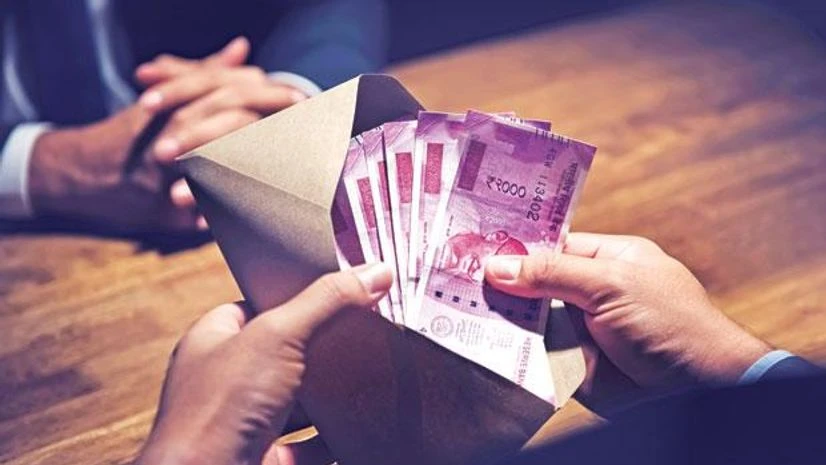Following the Reserve Bank of India (RBI)'s decision to withdraw Rs 2,000 notes from circulation, the banks will start exchanging these notes from today. The bank customers can also deposit the Rs 2,000 notes in their bank accounts and withdraw them from an ATM or bank branch later.
The RBI has asked the public to exchange or deposit all Rs 2,000 notes in their possession latest by September 30, 2023. It also clarified that Rs 2,000 notes will remain legal tender and can be used in daily transactions.
"The facility for deposit into accounts and exchange for Rs 2000 banknotes will be available at all banks until September 30, 2023. The facility for exchange will be available also at the 19 Regional Offices (ROs) of RBI having Issue Departments until September 30, 2023." the RBI's official statement released on May 19 read.
How to exchange Rs 2,000 notes?
- The notes can be exchanged at the nearest branch of any bank.
- They can submit the Rs 2,000 notes, subject to the daily cap, to the concerned officer.
- The bank will then provide the customer with notes of lower denominations.
Reports claimed that the customers will also be asked to fill and submit a request form while exchanging notes. However, the State Bank of India (SBI) last week clarified that no such would be required at any of its branches.
Also Read
Is there any limit to exchanging or depositing the Rs 2,000 notes?
For exchanges, the RBI has imposed a daily cap of Rs 20,000. The RBI has said that a non-account holder also can exchange Rs 2,000 banknotes up to a limit of Rs 20,000 at a time at any bank branch.
But the customers are free to deposit any number of Rs 2,000 notes in their bank accounts. The usual requirements of knowing your customer (KYC) will be applicable to these deposits.
Will customers have to pay any fee for exchanging the notes?
No, the process of exchange and deposit of Rs 2,000 notes is completely free of cost.
Are there any documents required for the exchange of notes?
No, the customers are not mandated to show any document for the exchange of notes up to the daily limit. However, if they deposit notes in their bank accounts over Rs 50,000, they will be asked to produce the documents generally required under KYC norms. These include an Aadhaar card and PAN Card.

)
